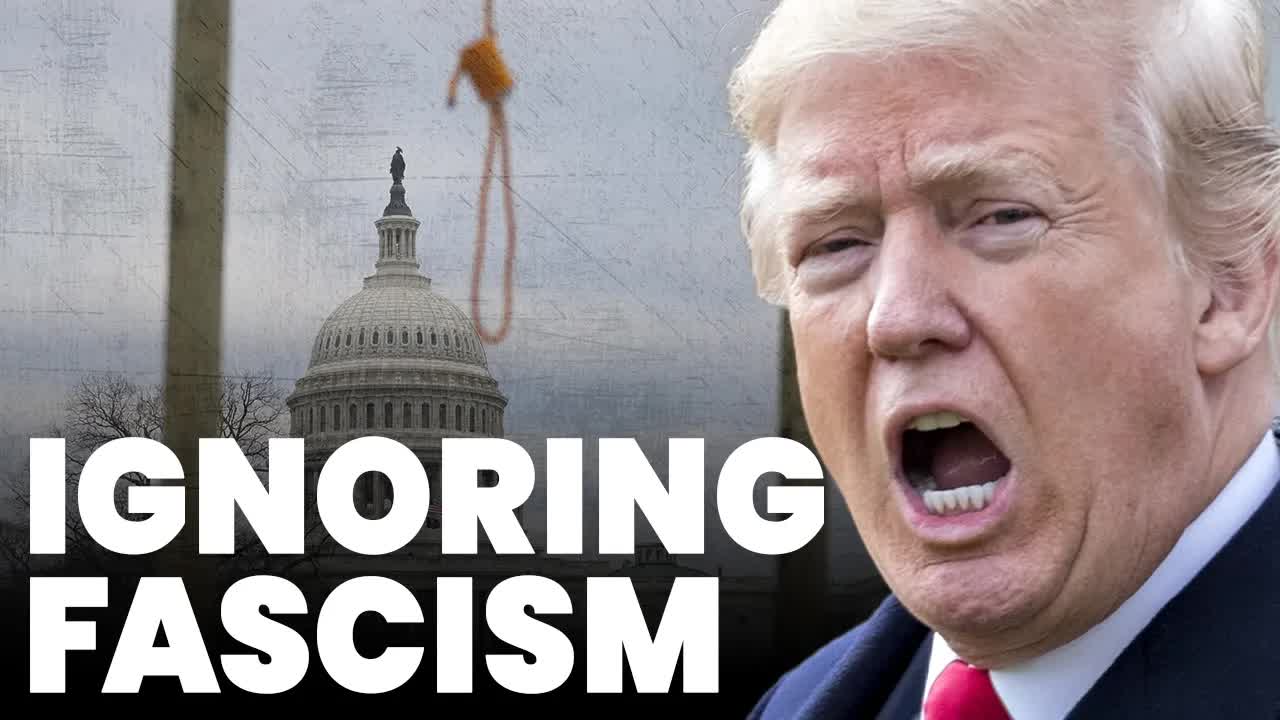As the countdown to Election Day intensifies, the political landscape has become increasingly charged, with discussions surrounding democracy and political violence taking center stage.
Former White House Chief of Staff John Kelly, along with other ex-staffers from Donald Trump’s administration, have voiced their concerns about the current state of affairs, declaring it a crisis.
This sentiment is echoed by the Harris campaign and Democratic leaders, who are striving to convey this message to voters.
However, despite their efforts, the impact on voter sentiment appears limited.
Recent polling data indicates that Trump maintains a slight edge over Kamala Harris, with a Wall Street Journal poll showing him leading by two points nationally.
While this margin falls within the realm of statistical error, it underscores Harris’s need for a significant popular vote win to secure a majority in the Electoral College.
Compounding her challenges, a Financial Times survey reveals that Trump is gaining ground among voters regarding economic management—a pivotal issue for many Americans.
To gain insight into the Republican perspective, we turned to Nikki Beaver, the political director of the National Federation of Republican Women.
When asked about John Kelly’s critical remarks branding Trump as a fascist, Beaver dismissed the potential fallout among moderate and independent voters.
She argued that such characterizations have been commonplace and have yet to hinder Trump’s support.
According to her, the Republican base remains steadfast, working diligently to sway undecided voters.
Interestingly, Team Trump has expressed concern over British Labour Party staffers campaigning for Harris.
While some may view this as a minor issue, Beaver perceives it as a form of foreign interference.
Although she acknowledges there may be no legal ramifications, she suggests Trump might benefit from inviting more international support, humorously implying that it could bolster his chances of victory.
With only days remaining until the election, the focus has shifted to voter turnout.
Beaver noted that between 4% and 11% of voters remain undecided, a figure that astounds her given the proximity to Election Day.
She emphasized the importance of mobilizing Republican voters, particularly in battleground states like Georgia, where Trump narrowly lost in the past two elections.
Beaver expressed optimism about the energy at recent rallies, highlighting a strong turnout and engagement from supporters.
Turning to the Democrats, Nicole Brenner-Schmidt, a strategist and commentator, provided her perspective on the Harris campaign’s current state.
She acknowledged that while concerns are prevalent, the Harris team is actively engaging with voters through various media platforms, including podcasts and local radio.
Brenner-Schmidt emphasized the urgency of getting out the vote (GOTV) as they approach the election, encouraging early voting and mail-in ballots to ensure participation.
Harris’s recent comments labeling Trump a fascist, mirroring John Kelly’s earlier assertions, have not seemed to sway public opinion significantly.
Brenner-Schmidt pointed out that since 2016, a dedicated segment of the Republican base has remained unwavering in their support for Trump, regardless of the rhetoric used against him.
She stressed the necessity of communicating the gravity of the situation to voters, particularly regarding the implications for democracy.
The conversation also touched on the challenges Harris faces in attracting moderate Republicans and independent voters, especially women.
Despite being recognized as a capable candidate, her appeal seems limited among certain demographics.
Brenner-Schmidt noted a notable gender gap in voter turnout, with moderate women potentially leaning away from Harris due to their perceptions of Trump.
As both parties brace for the impending election, the focus will undoubtedly shift to analyzing voter turnout and engagement.
Each party will need to assess its strategies and communication efforts to understand why certain demographics may not align with their messaging.
With the stakes higher than ever, the coming days will be critical in determining the future direction of American politics.
In this charged atmosphere, issues such as reproductive rights and economic stability continue to resonate deeply with voters.
Many Americans are keenly aware of the implications of their choices, particularly concerning their freedoms and rights.
As both campaigns ramp up their efforts, the question remains: who will successfully galvanize their base and capture the hearts of undecided voters in these final hours?
As the election nears, it’s clear that the outcome will not only shape the political landscape but also test the resilience of American democracy itself.
With tensions running high and opinions sharply divided, the nation watches closely, waiting to see how this pivotal moment in history unfolds.































